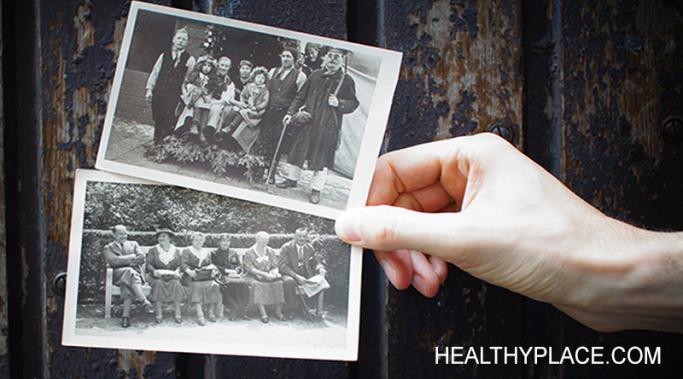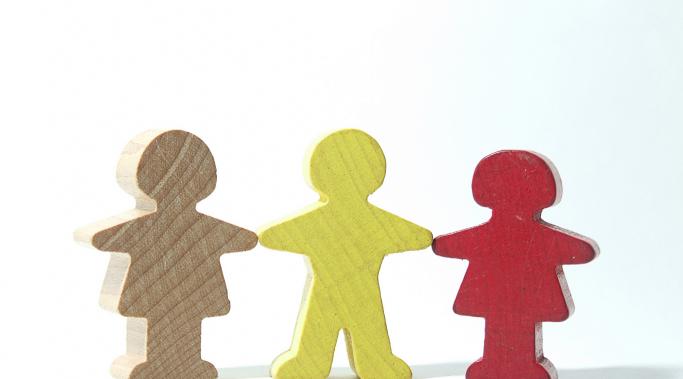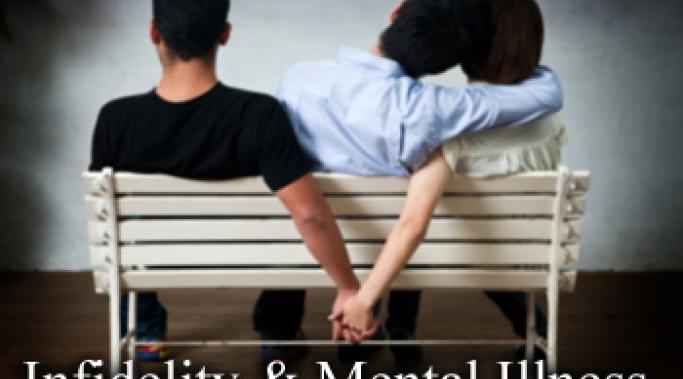You know when you feel accomplished honoring commitments to yourself? Yesterday was one of those days for me: I wrote for a few hours in my local coffee shop; I did some grocery shopping and cooking; and I called by therapist and my psychiatrist for appointments. I was most pleased by making plans with my treatment team because I'd fallen off for a while and the calls made me feel like I was getting back on track. I'd also stopped going outside to write, so getting out of the house for a period of time was an accomplishment in itself. You may wonder, to what do I owe this burst of self-care energy and why did I honor these commitments to myself. Well, I did it for a man. (What?)
Relationships and Mental Illness
Sex serves many positive functions in a relationship, but you may choose abstinence during bipolar recovery anyway. Sex can bring people to a new level of intimacy, it can provide a physical stress release, or it can simply be about expressing a mutual sexual desire (What Is Healthy Sex?). In spite of these functions, sex can be damaging at times, particularly at various stages of bipolar disorder. Choosing abstinence during bipolar recovery can be a way to remove a trigger from your emotional life.
When your roommate has bipolar disorder, there are things to consider. Though the effects of mental illness affect those who suffer most acutely, they also cause significant consequences to those friends and family. Those effects can be felt more acutely by those who live with someone suffering with a mental illness. When your roommate has bipolar disorder -- or any other mental illness -- they may, unwittingly, be responsible for taking care of you and managing their own reactions to your symptoms (Effects of Bipolar Disorder on Family and Friends).
A family-related mental health relapse becomes more possible in the days approaching Halloween and the winter holiday season. You see, for those of us with mental illness, these holidays may be filled with dread rather than joy and anticipation. Likely, some of our issues with coping emanate from family situations, and we may experience triggers that can cause a mental health relapse when around our family. Many emotions can cause mental health relapse, particularly when experienced during a holiday period full of expectations and various personalities (Anatomy Of A Mental Health Relapse).
Forming healthy relationships isn't easy in mental illness recovery when I'm experiencing symptoms of my bipolar disorder because I'm known to behave badly. Well, not necessarily badly per se, but differently than I'd behave if I were completely healthy. At times, my behavior affects myself and at other times it affects forming healthy relationships with the people around me. These relationship mistakes have sometimes caused me to lose friends and alienate acquaintances. But when I work towards forming healthy relationships during mental illness recovery, it leads to greater understanding and better connections (Why Healthy Relationships Matter).
Much has been written about the damaging effects of social media on relationships, including the breaking up of marriages and dissolution of friendships. Obviously, the behaviors that lead to these situations are likely to be harmful for people recovering from mental illness. However, social media relationships can be good for mental illness recovery in certain situations. It is important to realize when those healthy relationships occur and how to take advantage of them.
Perhaps no other relationships cause as much anxiety as our relationships with our parents. They are the people who've known us the longest and in some cases are the people who know us the best. But sometimes relationships with our parents trigger reactions that exacerbate our mental illness and cause us undue stress.
Knowing when to get rid of social media relationships is tricky. We all know them - the person in our Twitter or Facebook feed that we don't see eye-to-eye with. Or the friend from highschool that, for some reason, annoys you with the endless pictures they post of their dog. Having so many social media relationships in so many places can stir lots of emotions, some of them good and others bad (Is Social Networking Increasing Your Relationship Anxiety?). But there are times and situations which signal you must get rid of social media relationships.
It's important to know when changing therapists is necessary. The relationship with your therapist can be more important than any other. After all, you trust your therapist to listen to all of your thoughts and feelings, and then to give you counsel on improving your life. In spite of the closeness of this relationship, there may be times in life when changing therapists is necessary. There are several reasons why seeking a new therapeutic relationship may be good for you.
When there's infidelity and mental illness in a romantic relationship, it causes pain for both parties which is often irreparable. When infidelity and a mental illness collide, the fallout can cause the most harm to the person dealing with the disease. Whether one does the cheating or is cheated upon, managing the emotional damage of infidelity in a romantic relationship can be enough to cause or worsen a mental illness episode.









